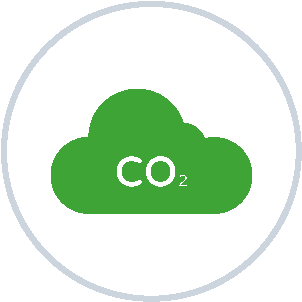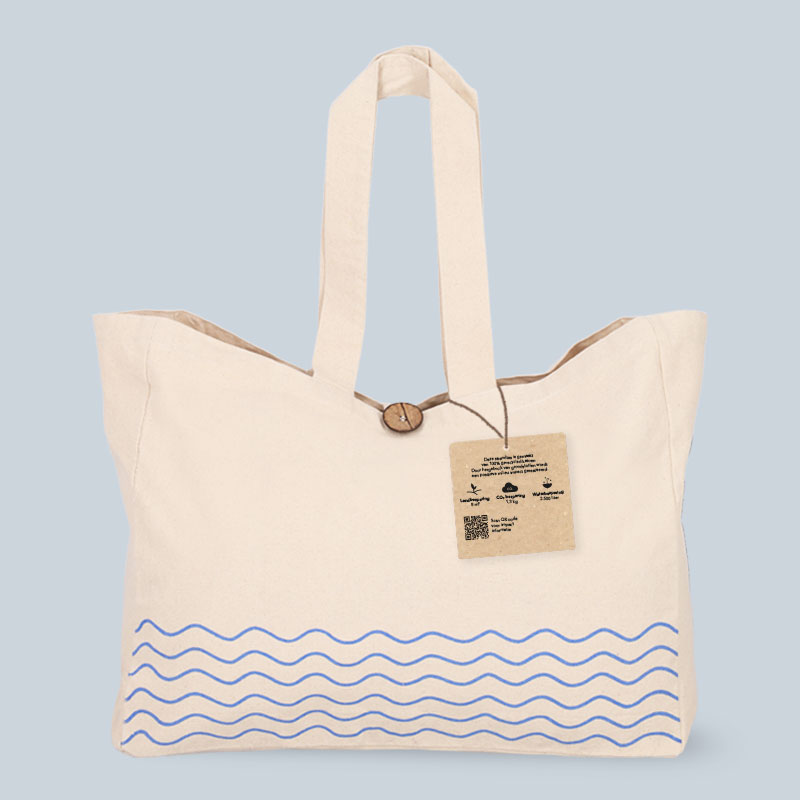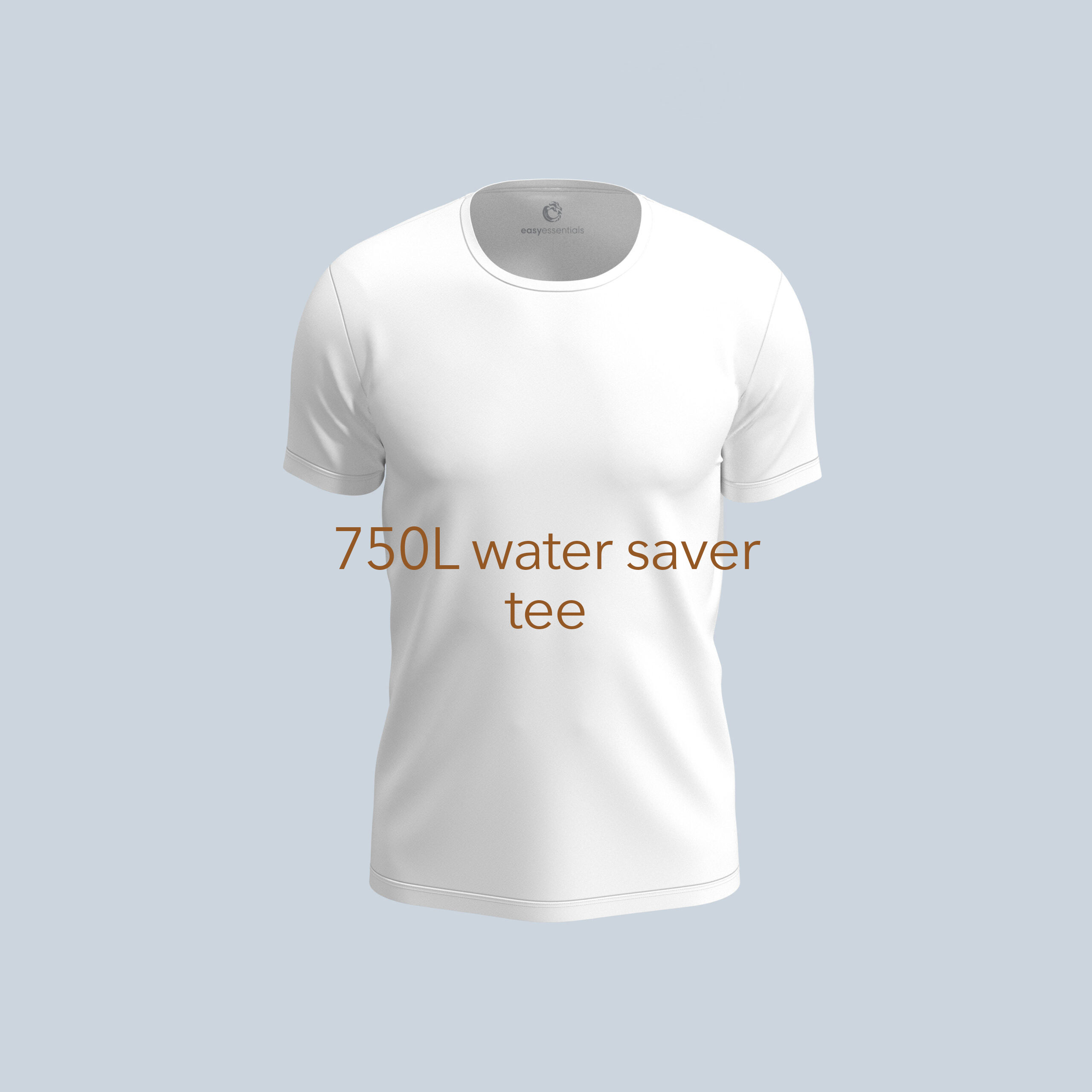Impact
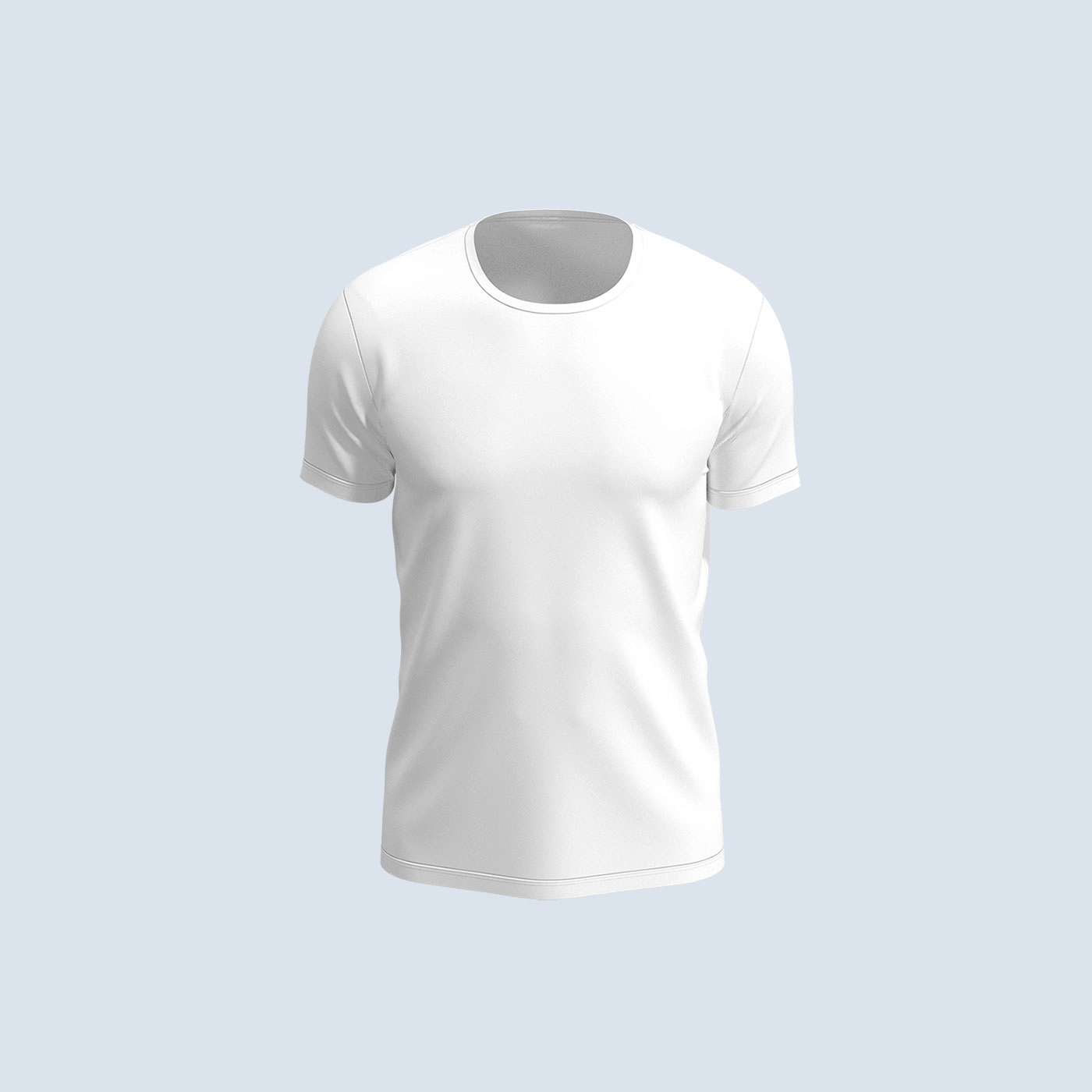
QR-code
All our products both for private label and consumer have a QR code.
Based on this QR code the supply chain and savings can be traced.
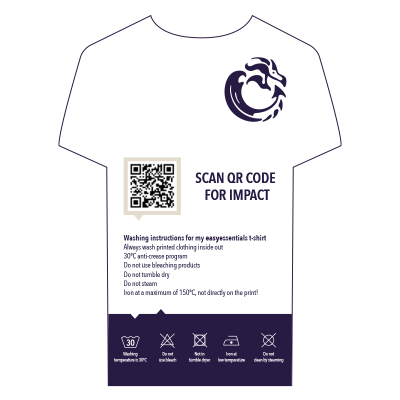
traceability
Making impact starts with trust, trust in what you buy and how it is produced. Whether you are a consumer or lead buying for any major brand, everybody is entitled to full traceability. easyessentials offers full transparency on all its products.
How does this work?
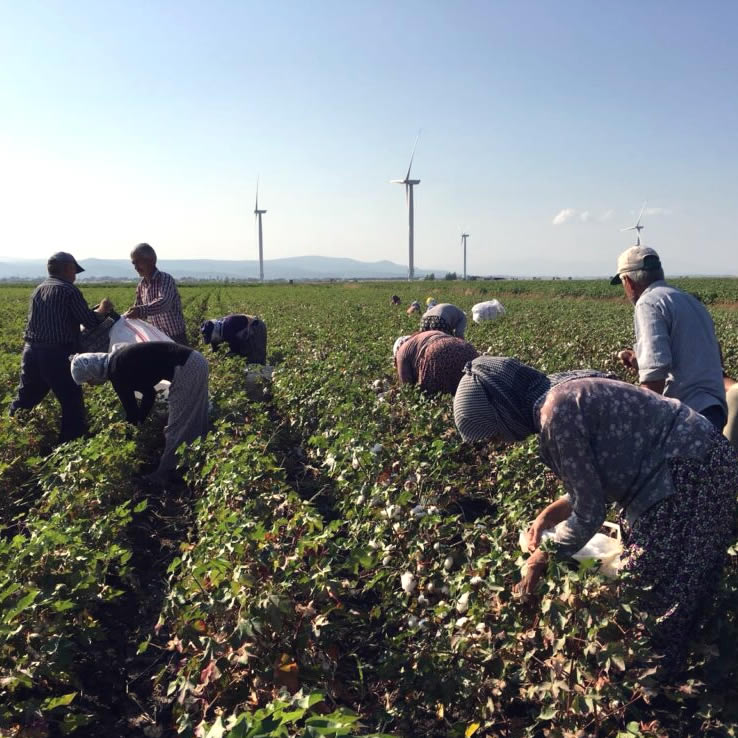
who made my tee?
1 Organic cotton:

Organic GOTS certified cotton grown in Turkey keeping supply chain short. More costly, but less CO2. No pesticides used for growing crop, less efficient, but way better!
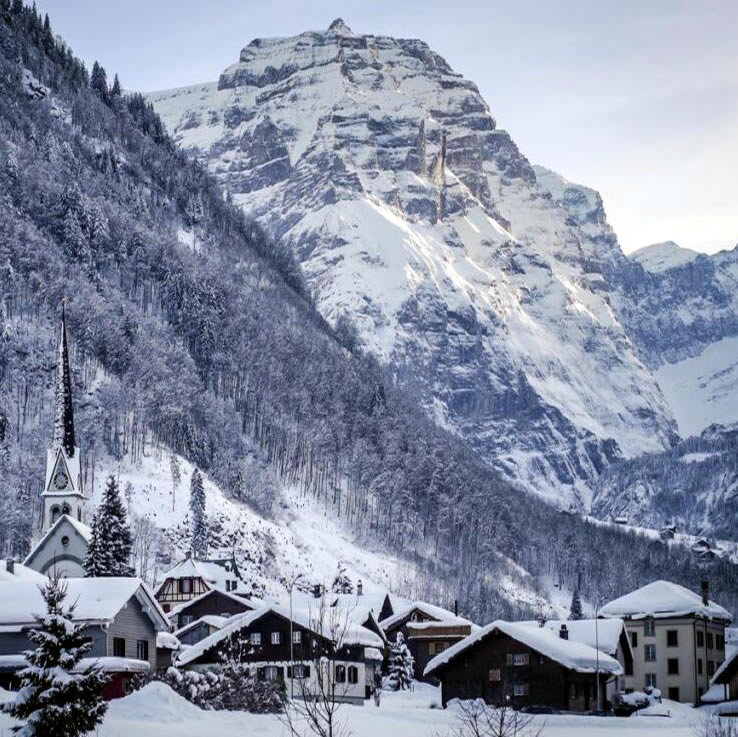
who made my tee?
2 Yarn:

Spinning premium long lasting quality yarn in Switzerland. Here we add 40% organic recycled cotton.
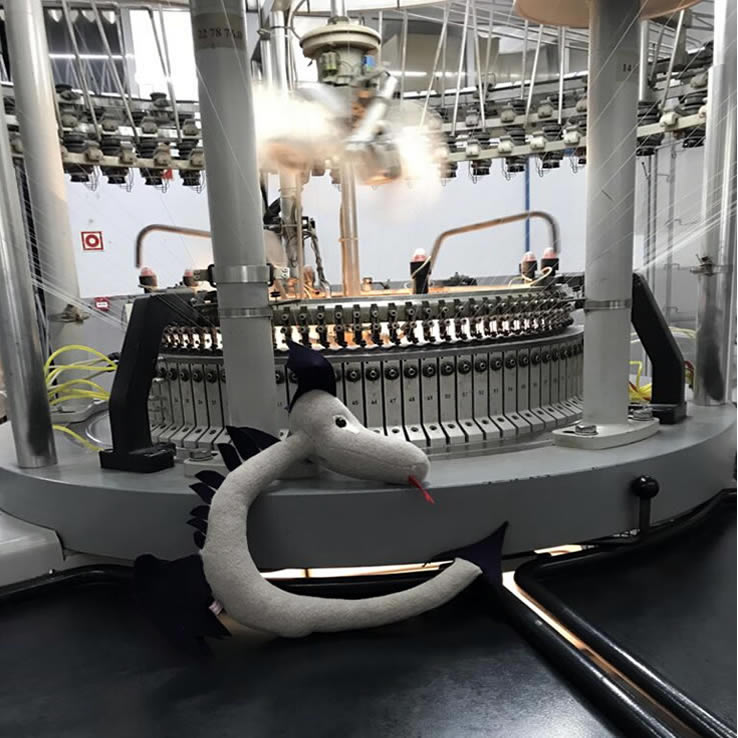
who made my tee?
3 Fabric:

Knitting factory in Guimaraes makes high end super soft fabrics finished mechanically (so no chemicals, and a life lasting softness).

who made my tee?
4 Production:
Handmade craftsmanship in Penafiel, making the garment. Zero plastics. No polyester stitches, or plastic labels, packaging or even tape during shipping.
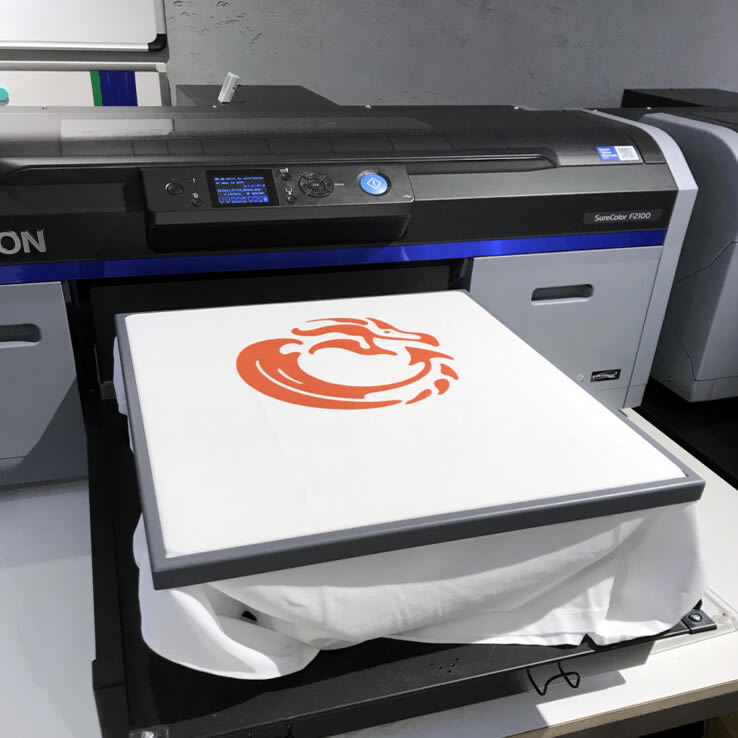
who made my tee?
5 Printing (optional):
Print on demand digitally in Amsterdam, piece by piece. Preventing creating overstock and items just lying there. Using waterbased ink, long-lasting print and still a sustainable technique.
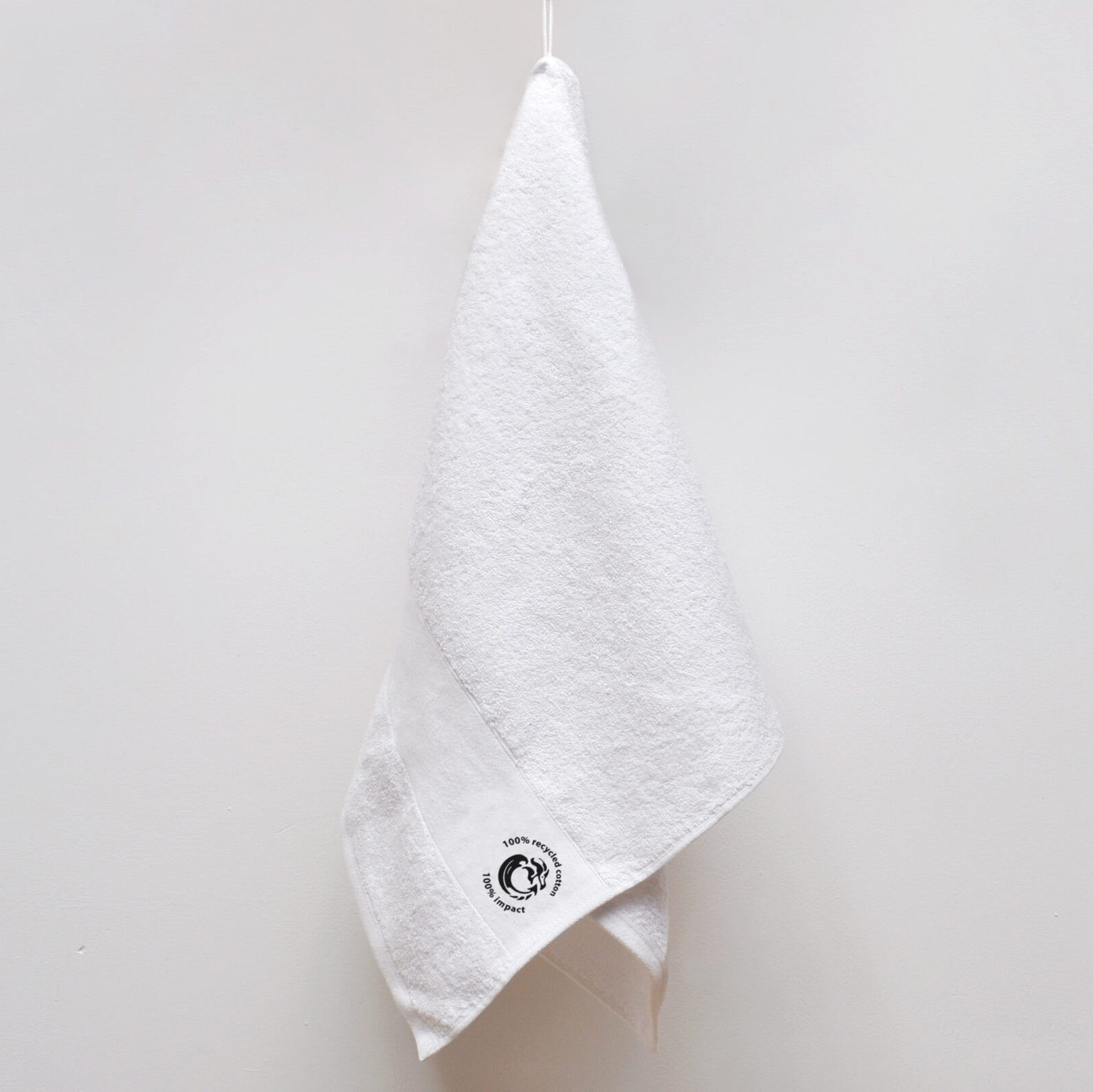


who made my towel?
1 Collection cotton waste:

100% cotton waste pulled from different production sources in the North of India. Based on your product different categories of waste are collected and used for spinning
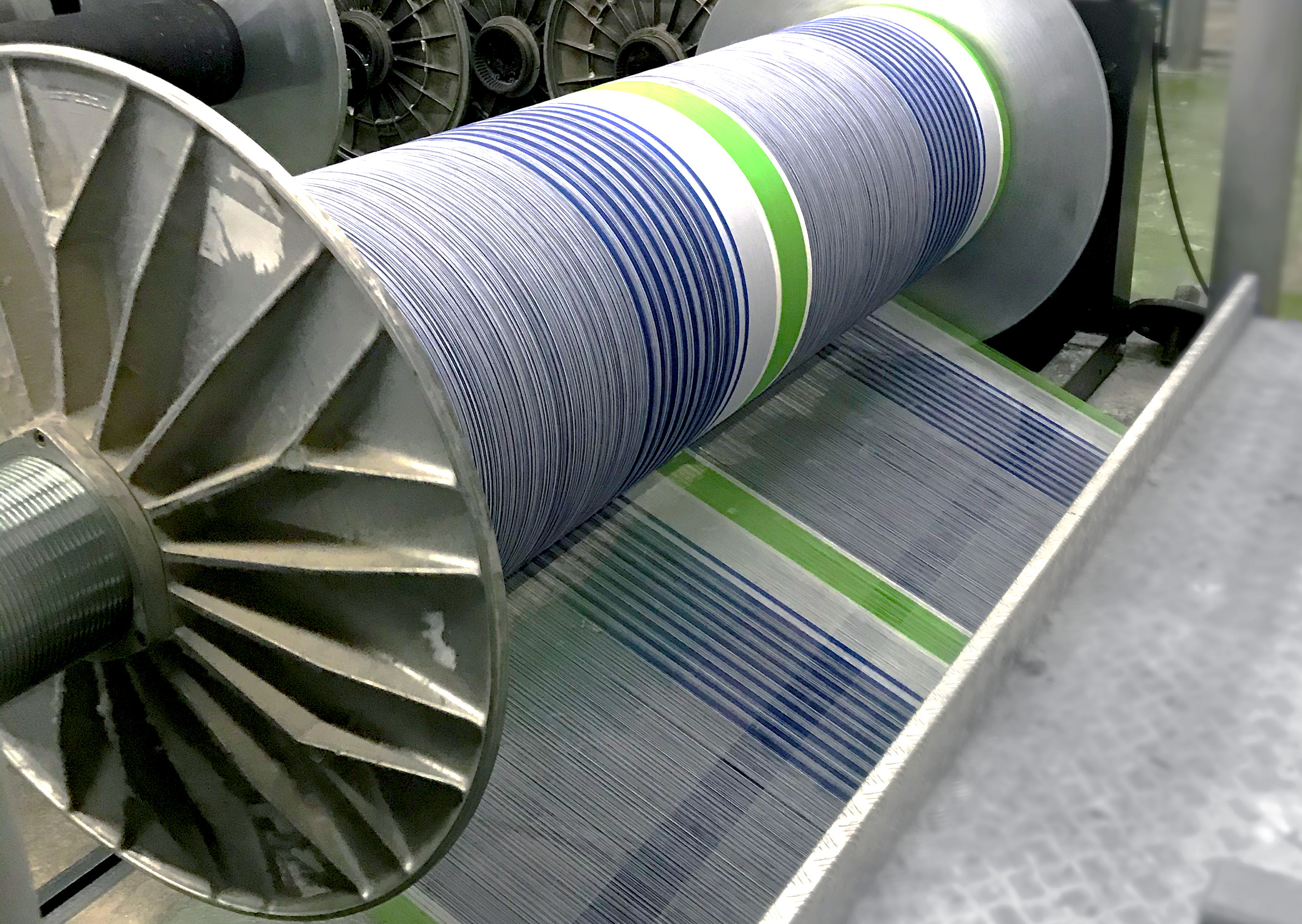
who made my towel?
2 Production:

Your towel is made in India in a certified production location. Taken care of the workers and a sustainable production process. We use cotton care labels and minimize plastic in packaging.
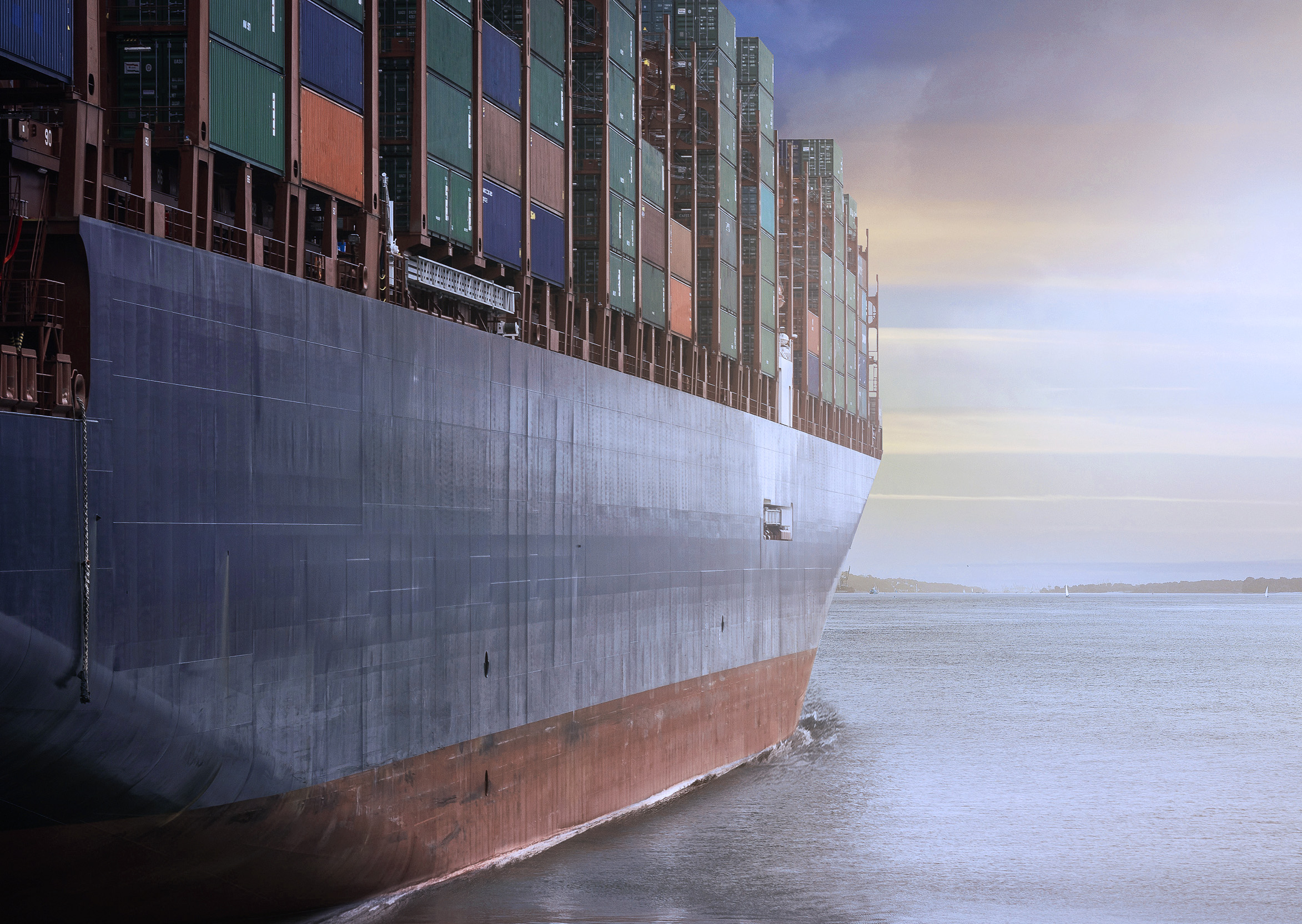
who made my towel?
3 Transportation:

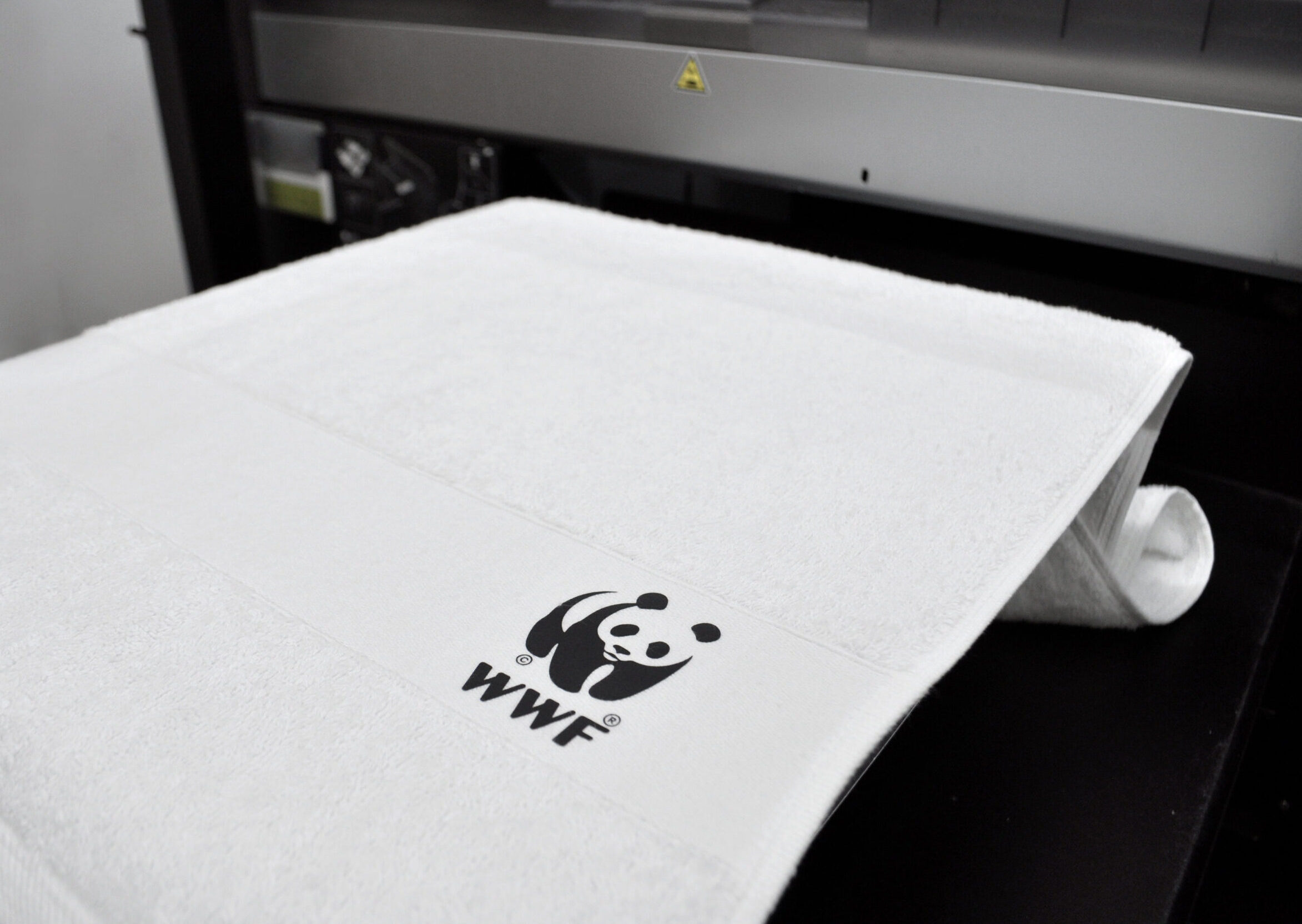
who made my towel?
4 Printing (optional):
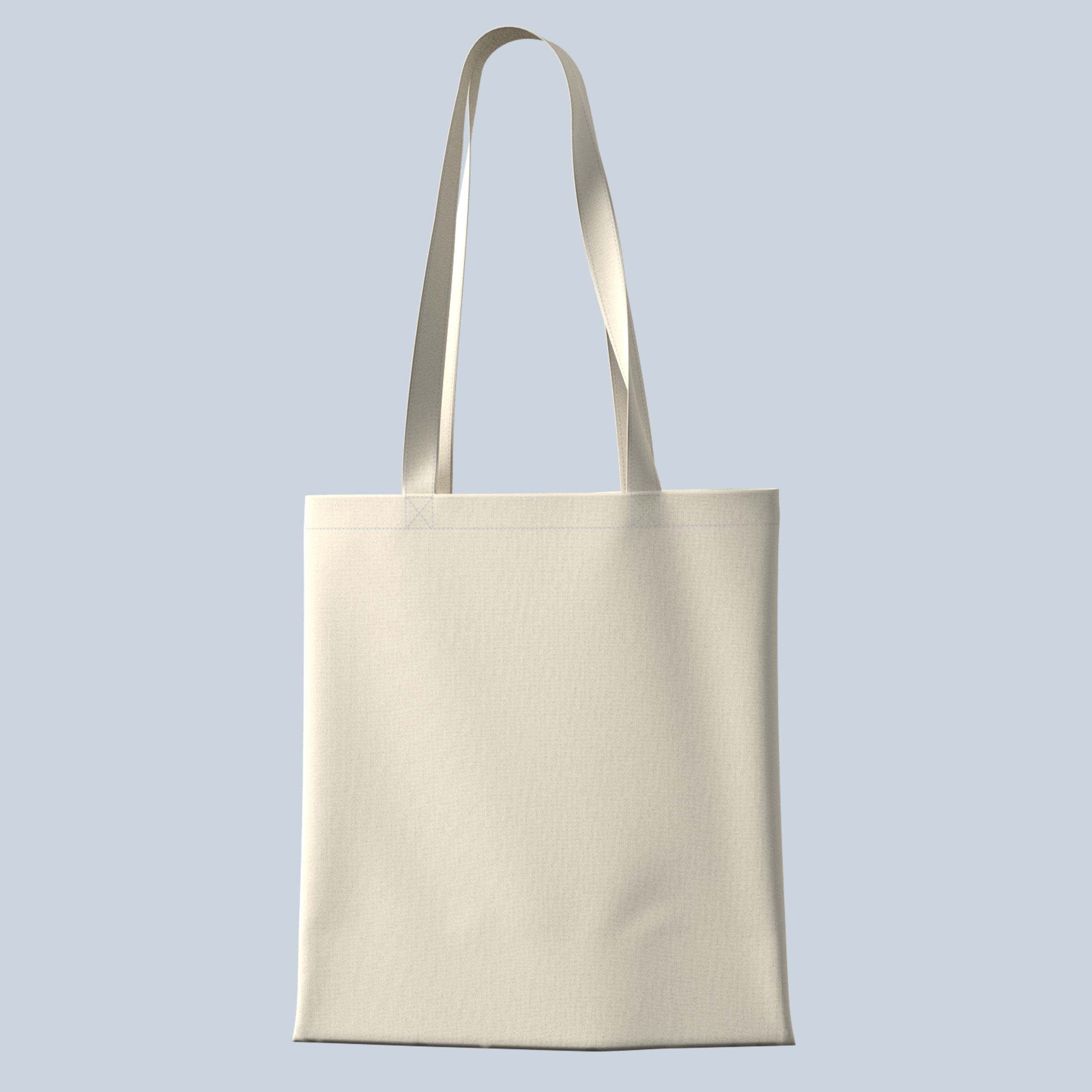

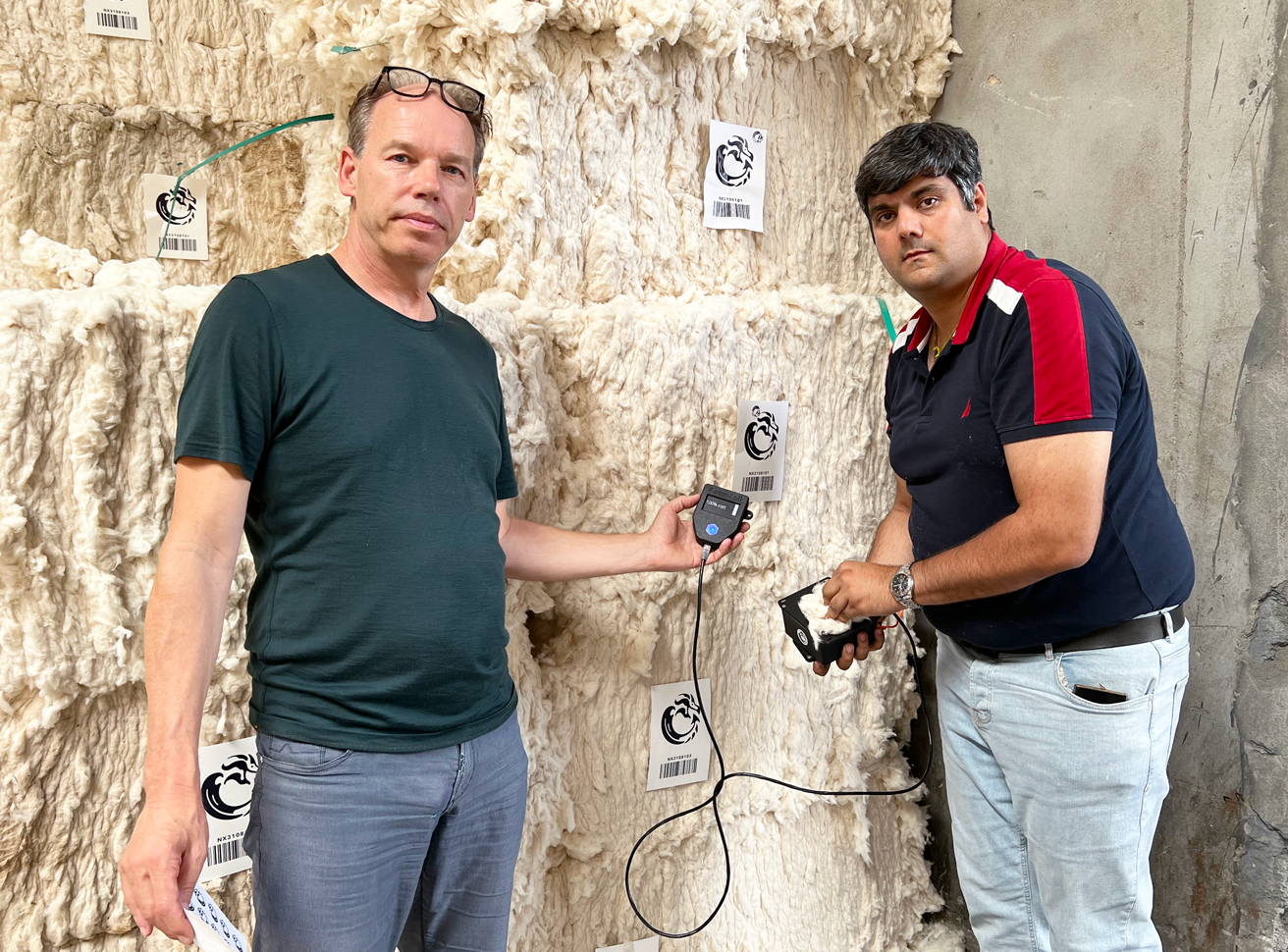
who made my tote?
1 Collection cotton waste:

100% cotton waste pulled from different production sources in the North of India. Based on your product different categories of waste are collected and used for spinning

who made my tote?
2 Production:

Your towel is made in India in a certified production location. Taken care of the workers and a sustainable production process. We use cotton care labels and minimize plastic in packaging.

who made my tote?
3 Transportation:

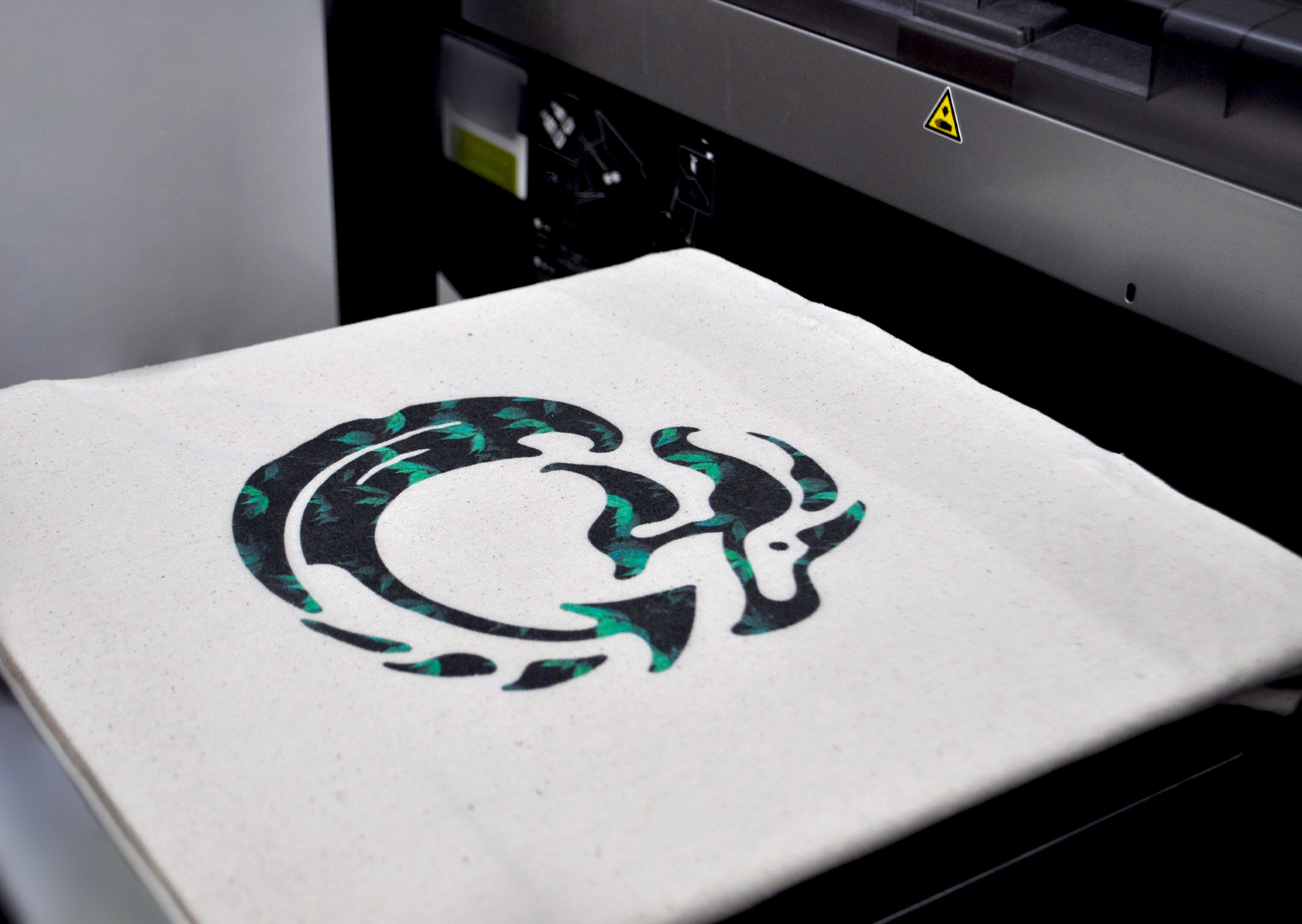
who made my tote?
4 Printing (optional):
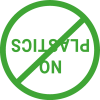

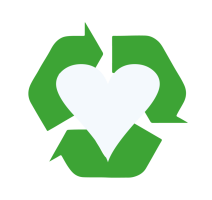

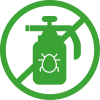
savings
